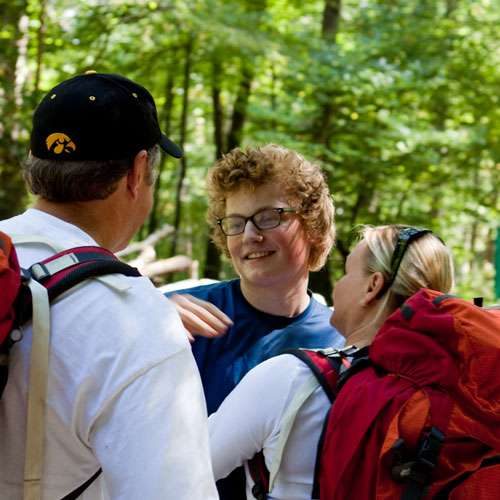Teenagers may see themselves as almost adults but the reality is that adolescent brains are still developing during the adolescent years into young adulthood. The brain develops first with the cerebellum that controls physical activity, the amygdala which controls emotion, and the nucleus accumbens which controls motivation. As teens reach adulthood, the prefrontal cortex fully develops, which controls judgment and impulse control.
This may explain why some teens have difficulty controlling their emotions, exhibit risky or impulsive behaviors, and lack planning skills. Unfortunately, developing brains are also more susceptible than the brains of adults to damage from outside influences. This means substance use during the teen years creates a more distinct risk for immediate and lasting harm.
How Substance Abuse Affects the Teen Brain
During adolescence, teens go through biological and psychological changes. In addition to the physical changes that mark growing up, their brain is also developing ways to work more effectively. One way it accomplishes this is by eliminating unnecessary synapses and connections between different parts of the brain. Drug abuse can impact the brain’s ability to function in the short-term as well as prevent proper growth and development for later in life.
Substance abuse in teens affects brain development by:
- Interfering with neurotransmitters and damaging connections within the brain
- Reducing the ability to experience pleasure
- Creating problems with memory
- Causing missed opportunities during a period of heightened learning potential
- Ingraining expectations of unhealthy habits into brain circuitry
- Inhibiting development of perceptual abilities
Drug and alcohol use can also have social risks for teens. Substance abuse can have a negative effect on reasoning and cause teens to make rash decisions. These effects can include: school refusal or dropping out, poor relationship skills, criminal charges that cannot be expunged, and damaged relationships with friends and family.
Many teens see experimenting with alcohol or drugs as normal, or a right of passage. We see these behaviors in the media, movies, and games our teens watch and play. And with technology today, teens have more access than ever to this media. It is important for families to have conversations around drug and alcohol use. What may seem like harmless experimentation, can quickly lead to an addictive spiral for young brains. Teens need to be educated and aware of these dangers and given the tools to deal with situations where they may feel pressured to engage in risky behaviors.
Trails Carolina Can Help
At Trails Carolina, our wilderness therapy program’s mission is to give your child the confidence, coping mechanisms, and communication skills that will help them become the best version of themselves. Throughout our wilderness program, families restore and rebuild their relationship with their child.
We believe that by connecting with nature in a wilderness therapy setting, your child can learn to address their unhealthy behaviors, gain valuable personal insights, and learn important lessons. Free from the distractions and negative influences of everyday life, they can focus on their own personal growth and healing process. For more information please call (828) 475-0218.
Get started today
Contact us today to learn how Trails Carolina can help your family
Trails saved my daughter’s life. Amanda is an amazing human and a brilliant therapist. I am so grateful to her, Science Steve, and the other wonderful people who could reach my daughter at a time when I could not.
Margot Lowman August 2022
Great life changing experience for our son. After becoming addicted to gaming during covid he was very depressed. At Trails he experienced the wilderness, Science Steve, learning survival skills and top notch therapy and support etc… I highly recommend! This gave our son and our family a renewed family bond full of love and excitement about his bright future.
Winnifred Wilson July 2022
Outstanding clinical work and superb staff! There’s a great culture at this company and it shows with how they engage with families/clients.
Kristin Brace June 2022
Discover If Trails Is The Right Program For Your Child
Take our short online assessment and help us better understand how we can help your family.




